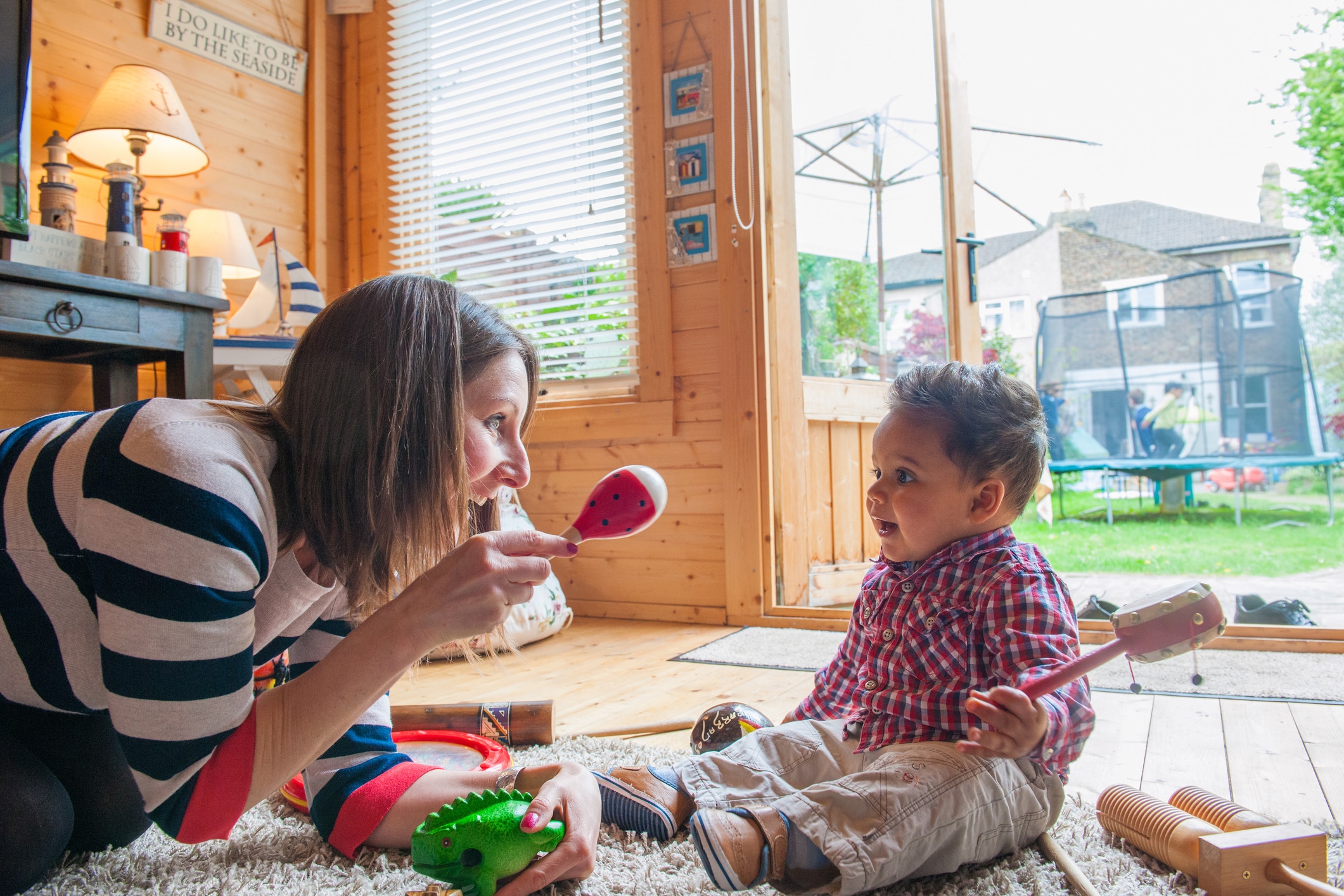
The complete guide to Hiring a Nanny
-
-
Search: How to find the best nanny for you
If you’re looking for a trained professional who provides individualized child care in your home, a nanny is a great option. To start your search, write out a detailed description of the role you seek to fill. Then, you can post the job yourself or hire an agency to find a nanny for you.
-
-
-
Cost: How much you can expect to pay a nanny
Wondering: Can I afford a nanny? Check average nanny rates in your area with our cost of child care calculator. The number of kids you have, the nanny’s experience and the assigned duties can also affect the cost.
-
-
-
Interview: What questions to ask to find the right nanny
During the interview, be sure to inform the candidate about their specific duties. Ask questions to make certain that their personality, availability, skills and caregiving style align with the job and your expectations.
-
-
-
Safety: How to vet a new nanny
Found a nanny you love? Now it’s time for safety checks: Call the nanny’s references, set up a nanny trial to see how they interact with your kids and run a background check, which can help divulge any criminal history.
-
-
-
Checklist: What you need to handle as an employer
A few final steps: Create a contract to align on things like payment, paid time off and benefits. Familiarize yourself with nanny taxes and plan for your nanny’s first day. Then, relax and let your nanny shine as they care for your child.
-


















